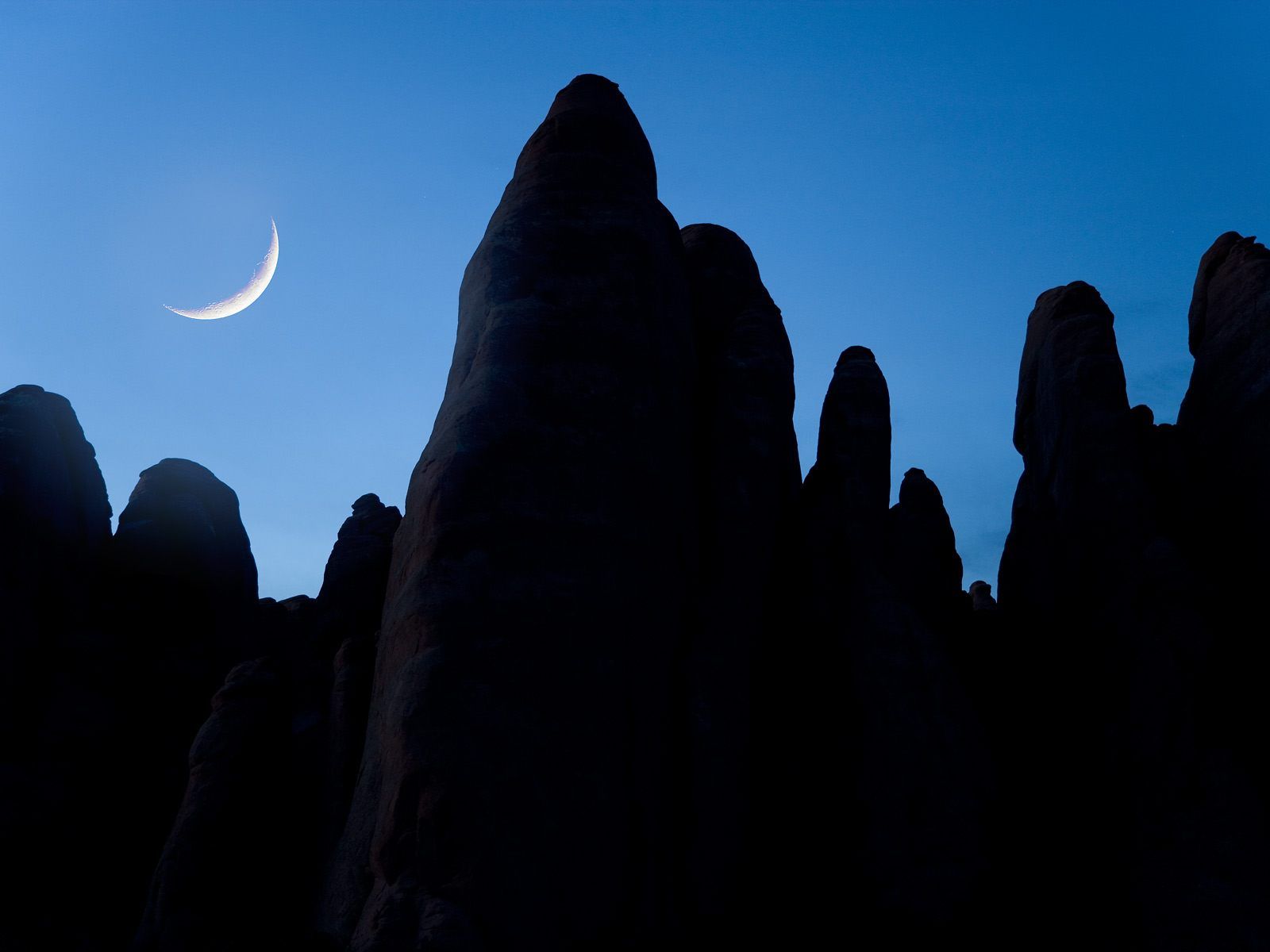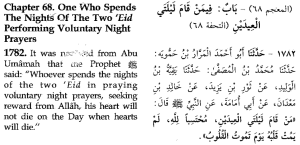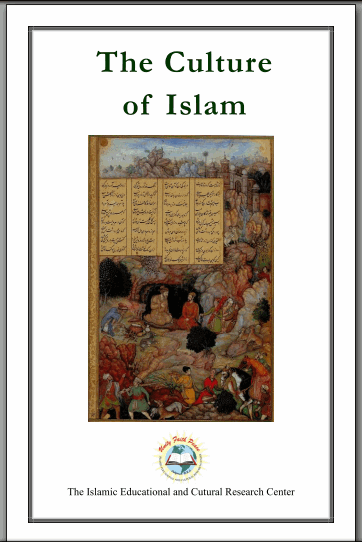Category Archives: Festivals
Big Nights and Days of Islam: Eid
It was narrated from Hazrat Abu Umaamah radi Allaahu ‘anhu: “Whoever spends the nights of the two ‘Eids in praying voluntary night prayers, seeking reward from Allah, his heart will not die on the Day when hearts will die.†[Ibn Majah, Hadeeth #1782]
Hazrat Aysha radi Allaahu ‘anhaa related: “God the Exalted showers goodness (khayr) in abundance during four nights; the Nights of Aá¸á¸¥Ä and Fiá¹r (i.e. the night of the two ʿĪds), the Night of Mid-ShaÊ¿bÄn in which deaths and provisions are determined as are the pilgrimages written, and the evening of Ê¿Arafa until the call to prayer.†[Kanz ul-Ê¿Ummaal, Vol #12, Hadeeth #35215][1]
It is related from Hazrat Mu’aadh ibn Jabal radi Allaahu ‘anhu that whoever observes the night vigil during the following five nights has heaven made obligatory on him: the 8th, 9th and 10th nights of Dhul Hijjah, fourth is the night of Eid-ul-Fitr and fifth is the 15th night of Sha’baan. [At-Targheeb wat-Tarheeb, Vol #2, Hadeeth #2]
Hazrat Abdullah ibn Abbas radi Allaahu ‘anhumaa relates: When the blessed night of Eid-ul-Fitr arrives, it is called “Laylatul Jaaizah†which means “the night of reward.†When the morning of Eid comes in, Allah sends His innocent angels to all the cities. As a result these angels come to the earth and stand at the head of every street and call out: “Oh Ummah of Prophet Muhammad sal Allahu alayhi wa sallam! Come to the Court of that Divine Lord who bestows copiously and forgives the greatest of sins!â€
Then Allah addresses His creatures as follows: “O My servants! Ask! What would you like to ask? By My Honor and Majesty! Today at this gathering (of the Eid prayer) whatever you will ask Me related to your Hereafter I Will Fulfill it. And whatever you ask related to your dunya, I Will do whatever is best for you. By My Honor! As long as you pay heed to Me, I will also cover your faults. By My Honor and Majesty! I will not disappoint you with the transgressors. Now return to your homes forgiven! You have pleased Me and I am also pleased with you!†[At-Targheeb wat Tarheeb, Vol #2, Hadeeth #23]
Hazrat Syedna Wahb bin Munabbah radi Allaahu ‘anhu relates: Whenever Eid arrives, shaytaan cries out loudly. Seeing his almost faintly state, the other devils gather around him and ask: O master! Why are you angry and sad? He says: Alas! Today, Allah has forgiven Ummat-ul-Muhammad (sal Allahu alayhi wa sallam). Therefore you lure them into sensual pleasures and selfish desires. [Mukaashafa-tul Quloob of Hazrat Imam Ghazali rahmatullah alayh, p.308]

















